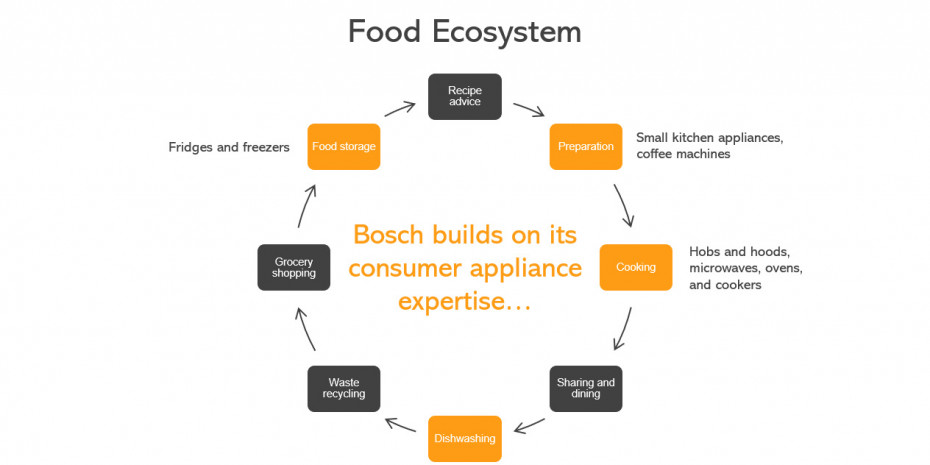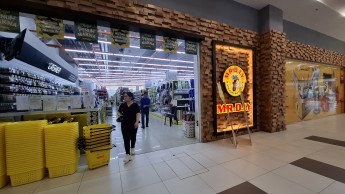Increasingly, brand owners are expanding their horizons and product offerings beyond their core category specialisation. The goal is to cater to consumers during every step of the customer journey and adopting a "lifestyle" ethos is sometimes the first step towards becoming an ecosystem brand. Nike and Lego are good examples of ecosystem brands; the latter's brand presence is across movies, in-store experiences, amusement parks and videogames.
Ecosystem brands offer an interconnected set of products and services, fulfilling customer needs through one holistic experience. But, why would a brand choose the ecosystem route? Simply put, long term customer loyalty is one of the key benefits for ecosystem brands - a trait increasingly sought after as the marketplace becomes more crowded.
Japanese apparel and home furnishings retailer, Muji, now also operates hotels in Japan and China. Each hotel room features the retailer's furniture and homeware products, showcasing the brand's minimalist style. Consumers staying at Muji hotels literally touch, sit and sleep on Muji products, building connection with the brand and prompting consumers to visit Muji stores.
Bosch's food ecosystem
The food ecosystem is comprised of several phases, including recipe advice, preparation, cooking, sharing and dining, dishwashing, waste recycling, grocery shopping and food storage. In the preparation, cooking, dishwashing and food storage phases, Bosch currently sells coffee machines, hobs, microwaves, ovens, dishwashers, fridges and freezers. Nonetheless, in recent years Bosch has used the acquisition of or partnership with digital assets to expand its interaction with…

 Menü
Menü















 Newsletter
Newsletter